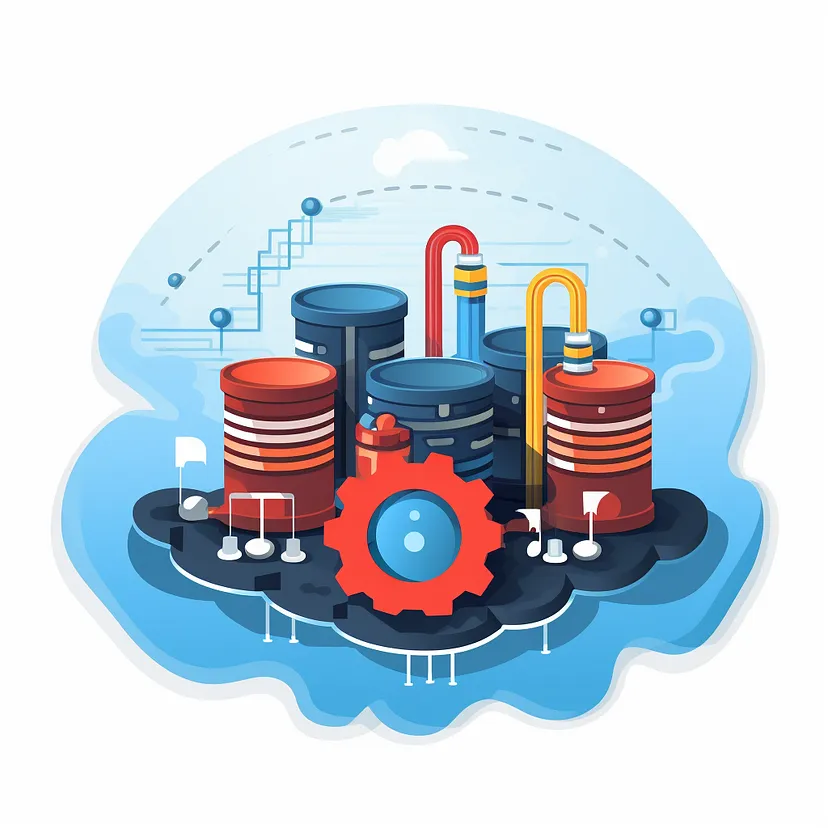🌟 Unlocking the Power of Jenkins in DataOps Pipelines: Cost-Reduction and Seamless Integration 🌟

Atul Yadav
2 min read
January 3, 2024

Hello #DataOpsCommunity 👋,
As we all know, DataOps is revolutionizing the way we manage and deploy data pipelines, ensuring faster delivery and higher quality. But have you ever considered leveraging Jenkins for your DataOps pipelines? 🤔 Jenkins, traditionally used for DevOps, has a lot to offer in the DataOps realm as well. Let’s dive into how Jenkins can be a game-changer for DataOps pipelines! 🚀
🛠 Why Jenkins for DataOps? 🛠
Jenkins is an open-source automation server that can help you reliably build, test, and deploy code. Its flexibility, scalability, and wide range of plugins make it an excellent choice for DataOps. With Jenkins, you can automate many of the tasks involved in data ingestion, transformation, and deployment, making your data pipelines more efficient and robust.
💰 Cost-Reduction with Jenkins 💰
1️⃣ Open-Source: Being open-source, Jenkins comes at no additional licensing cost, making it a cost-effective solution for startups and enterprises alike.
2️⃣ Resource Optimization: Jenkins allows for parallel execution and efficient use of resources, reducing the need for additional hardware.
3️⃣ Reduced Manual Effort: Automation of repetitive tasks means less manual intervention, reducing labor costs and human error.
🔄 Seamless Integration Capabilities 🔄
1️⃣ Plugin Ecosystem: Jenkins has a rich plugin ecosystem that allows it to integrate seamlessly with various data sources, transformation tools, and deployment platforms.
2️⃣ Version Control: Integration with Git, SVN, and other version control systems ensures that your data pipelines are always in sync with your codebase.
3️⃣ Continuous Monitoring: Jenkins can be integrated with monitoring tools to provide real-time insights into your data pipelines, making it easier to identify and fix issues.
🌐 End-to-End DataOps Pipeline with Jenkins 🌐
1️⃣ Data Ingestion: Automate the ingestion process from multiple sources.
2️⃣ Data Transformation: Use Jenkins to trigger transformation jobs in tools like Spark or Hadoop.
3️⃣ Data Validation: Automated testing ensures that the transformed data meets quality standards.
4️⃣ Data Deployment: Finally, Jenkins can automate the deployment of transformed data to various platforms, ensuring that data is readily available for end-users.
🎯 Conclusion 🎯
Jenkins is not just for DevOps anymore! Its flexibility, cost-effectiveness, and seamless integration capabilities make it a powerful tool for DataOps pipelines. If you haven’t considered Jenkins for your DataOps needs, it might be time to give it a try! 🌟
Feel free to share your thoughts and experiences with Jenkins in DataOps! Let’s learn and grow together! 🤝
#Jenkins #DataOps #Automation #CostEfficiency #SeamlessIntegration
Happy DataOps-ing! 🎉
